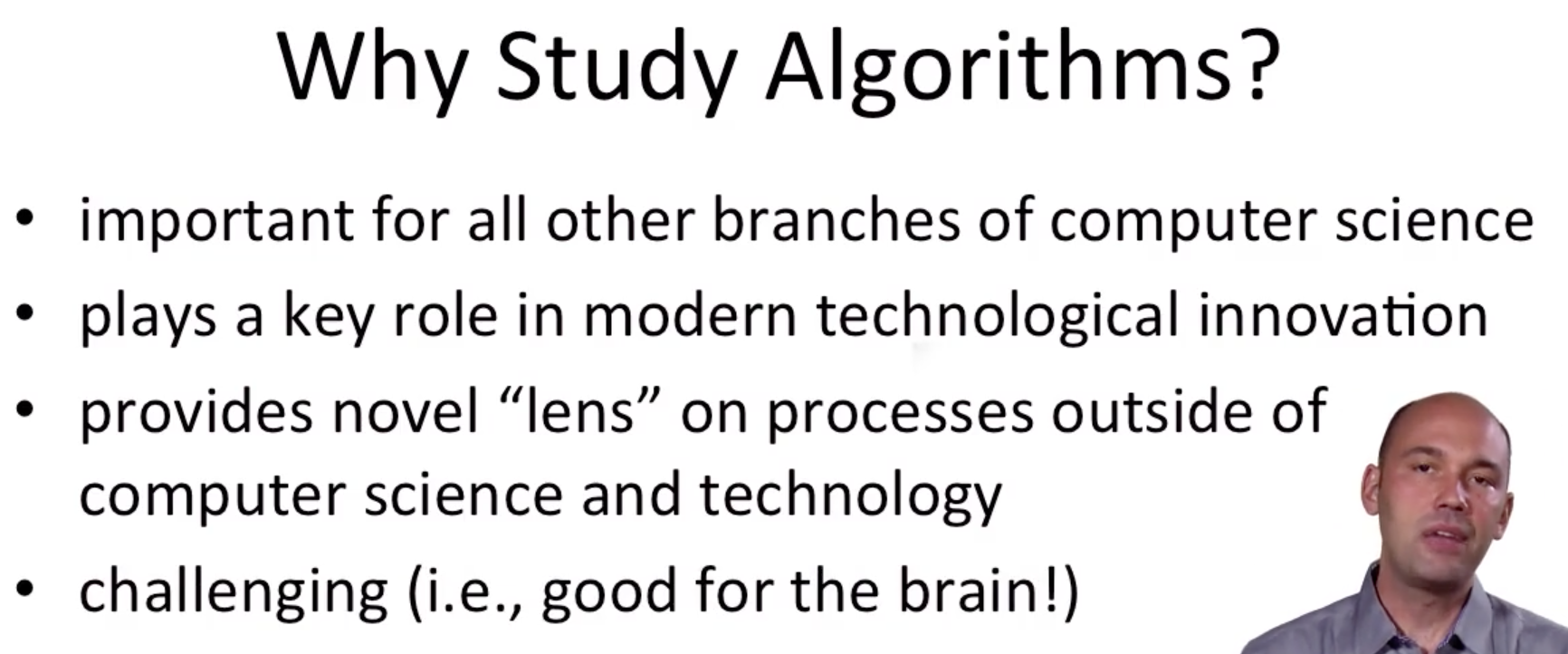|
Digital marketing has revolutionized the way businesses promote their products and services in the modern era. With advancements in technology, digital marketing strategies have become more efficient and effective in reaching target audiences. This article explores the various ways technology has shaped and influenced digital marketing. Data-driven insights: Technology has provided marketers with access to vast amounts of data, enabling them to gain valuable insights about consumer behavior and preferences. Analytical tools and platforms allow marketers to track and measure the effectiveness of their campaigns in real-time. This data-driven approach helps businesses make informed decisions and optimize their marketing strategies for better results. Personalized targeting: Technology has made it easier for marketers to create personalized experiences for consumers. By leveraging data collected from various sources, such as social media, website analytics, and customer interactions, marketers can tailor their messages and offers to specific individuals or audience segments. This level of personalization improves engagement and conversion rates, ultimately leading to higher returns on investment. Automation and artificial intelligence: Automation and artificial intelligence (AI) have streamlined many aspects of digital marketing. Tasks such as email marketing, social media scheduling, and campaign optimization can now be automated, allowing marketers to focus on strategic initiatives. AI-powered algorithms analyze customer data and behavior patterns to deliver highly targeted advertisements and recommendations, further enhancing the effectiveness of marketing efforts. Enhanced communication channels: Technology has given rise to new communication channels that facilitate direct interaction between businesses and consumers. Social media platforms, instant messaging apps, and chatbots enable brands to engage with customers in real-time, providing prompt customer support and personalized assistance. These communication channels also enable businesses to gather feedback and build long-term relationships with their audience. Influencer marketing: Technology has fueled the growth of influencer marketing, where individuals with a significant online following promote products or services to their audience. Social media platforms have made it easier for brands to identify and collaborate with relevant influencers, who can help increase brand awareness and credibility. Influencer marketing has become a powerful tool in reaching niche markets and driving consumer behavior. Augmented and virtual reality: The rise of augmented reality (AR) and virtual reality (VR) technologies has opened up new avenues for immersive marketing experiences. Companies can now create virtual showrooms or allow customers to visualize products in their own environments through AR applications. These technologies provide unique and engaging experiences that capture consumers' attention and foster brand loyalty. In conclusion, technology has significantly impacted the field of digital marketing, providing marketers with powerful tools and techniques to reach and engage their target audiences. Through data-driven insights, personalized targeting, automation, enhanced communication channels, influencer marketing, and augmented/virtual reality experiences, businesses can optimize their marketing strategies and stay ahead in an increasingly competitive digital landscape. Embracing and harnessing these technological advancements is crucial for businesses to thrive in today's digital age.  |
